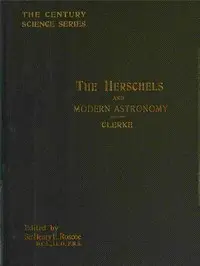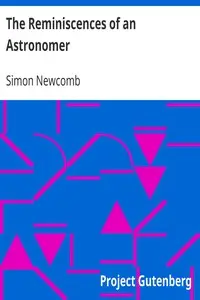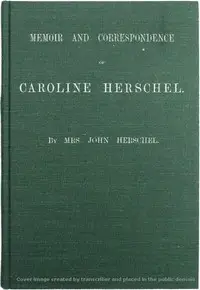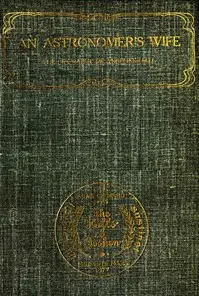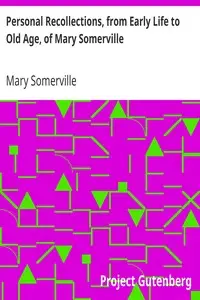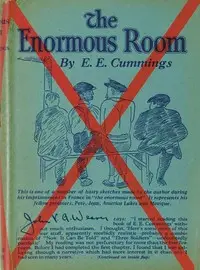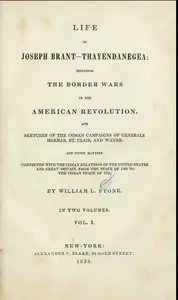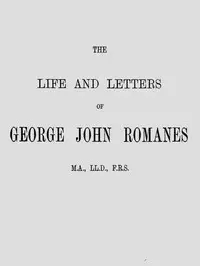"Maria Mitchell: Life, Letters, and Journals" by Maria Mitchell is a historical biography from the late 1800s that narrates the remarkable story of astronomer Maria Mitchell. The book meticulously details her upbringing, education, and initial experiences in the field, while also shedding light on her significant scientific contributions, showcasing both the opportunities and obstacles she faced as a woman in her time. It creates a layered portrayal of a pioneering woman in a male-centered discipline through her personal relationships along with scientific accomplishments. Beginning with Mitchell’s life on Nantucket Island, the story underscores the impact of her Quaker upbringing and the significant role her parents played in shaping her education and character, with a focus on her early fascination with astronomy, which her father encouraged through hands-on experiences with telescopes and astronomical study. This environment cultivated her mind and ingenuity, leading to her later discoveries, notably her discovery of a comet, and creates an image of a young woman who balanced academic passions with everyday life, showing her commitment to both learning and community involvement while challenging society's expectations of women.
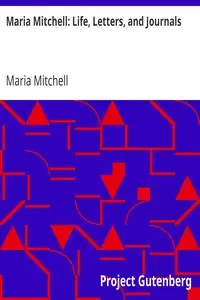
Maria Mitchell: Life, Letters, and Journals
By Maria Mitchell
Witness the inspiring journey of a 19th-century woman who defied expectations to become a celebrated astronomer, forever changing our view of the stars.
Summary
About the AuthorMaria Mitchell was an American astronomer, librarian, naturalist, and educator. In 1847, she discovered a comet named 1847 VI that was later known as "Miss Mitchell's Comet" in her honor. She won a gold medal prize for her discovery, which was presented to her by King Christian VIII of Denmark in 1848. Mitchell was the first internationally known woman to work as both a professional astronomer and a professor of astronomy after accepting a position at Vassar College in 1865. She was also the first woman elected Fellow of the American Academy of Arts and Sciences and the American Association for the Advancement of Science.
Maria Mitchell was an American astronomer, librarian, naturalist, and educator. In 1847, she discovered a comet named 1847 VI that was later known as "Miss Mitchell's Comet" in her honor. She won a gold medal prize for her discovery, which was presented to her by King Christian VIII of Denmark in 1848. Mitchell was the first internationally known woman to work as both a professional astronomer and a professor of astronomy after accepting a position at Vassar College in 1865. She was also the first woman elected Fellow of the American Academy of Arts and Sciences and the American Association for the Advancement of Science.

